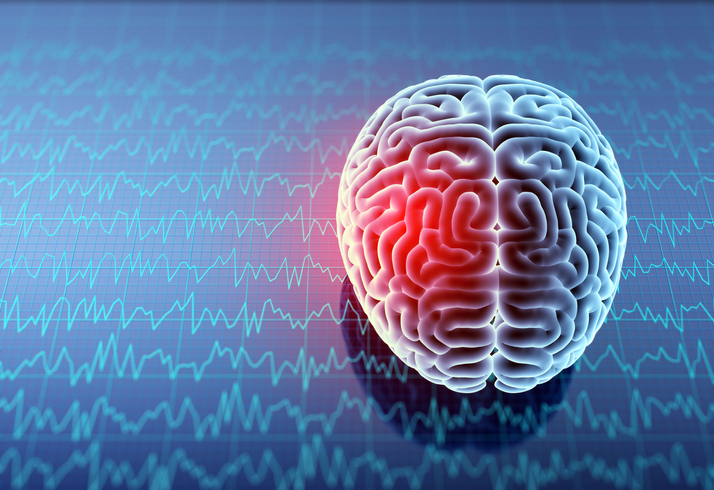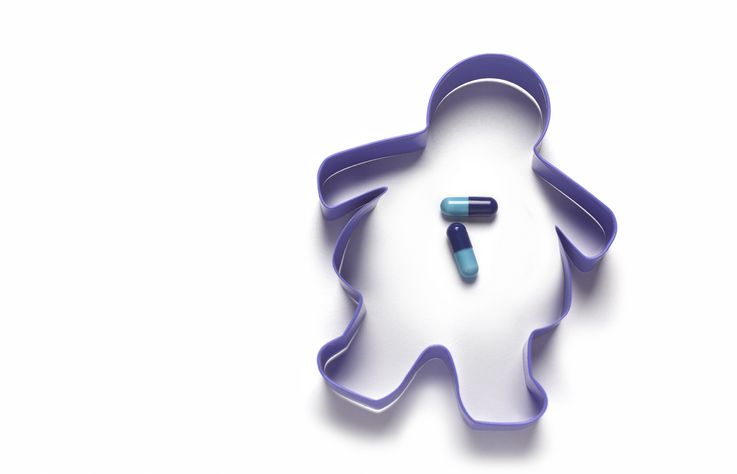Physicians are clearly the primary clinical innovators due to their education, experience, and specialization. That said, a broad spectrum of non-physician clinicians (e.g. nurses, surgical technologists, surgical assistants, etc.) have the capacity to find inventive solutions to their clinical challenges.
Surgical Assistants, for example, are exposed to specialized procedures and observe the cause and effect of surgical steps. If a surgical assistant has the creative, problem-solving mentality, there is no reason why he/she cannot invent and develop medical devices.
This may be sacrilegious to say, but surgical assistants often understand surgical tools and instrumentation better than surgeons. This does not mean that they are more proficient using them, but that they grasp the design attributes that affect performance and can provide more technical feedback.
Probably the most famous example of a surgical assistant inventor is Vivien Thomas, the Johns Hopkins surgical assistant who was highly instrumental in pioneering the field of surgery on congenital heart defects. In addition to his contributions to development of the Blalock-Taussig shunt, Mr. Thomas collaborated on the design of several other surgical devices, including a clamp for the temporary occlusion of the pulmonary artery. Mr. Thomas’ achievements are even more impressive considering the racial biases he overcame.
Medical device innovation is about combining knowledge with a thirst for problem solving and capitalizing on the opportunity to test ideas in the clinical environment. Clinicians in general, and not just doctors have the potential to add value by developing medical device solutions.

A Deep-dive Into Specialty Pharma
A specialty drug is a class of prescription medications used to treat complex, chronic or rare medical conditions. Although this classification was originally intended to define the treatment of rare, also termed “orphan” diseases, affecting fewer than 200,000 people in the US, more recently, specialty drugs have emerged as the cornerstone of treatment for chronic and complex diseases such as cancer, autoimmune conditions, diabetes, hepatitis C, and HIV/AIDS.
Healing Innovation is a resource for clinician innovators. The main site - HealingInnovation.com - provides an overview of the various aspects and issues facing clinician innovators.














